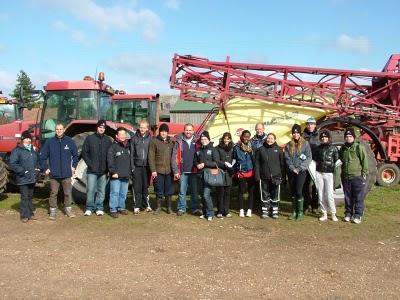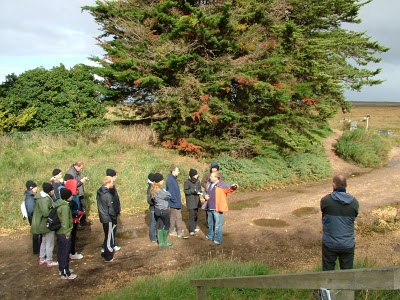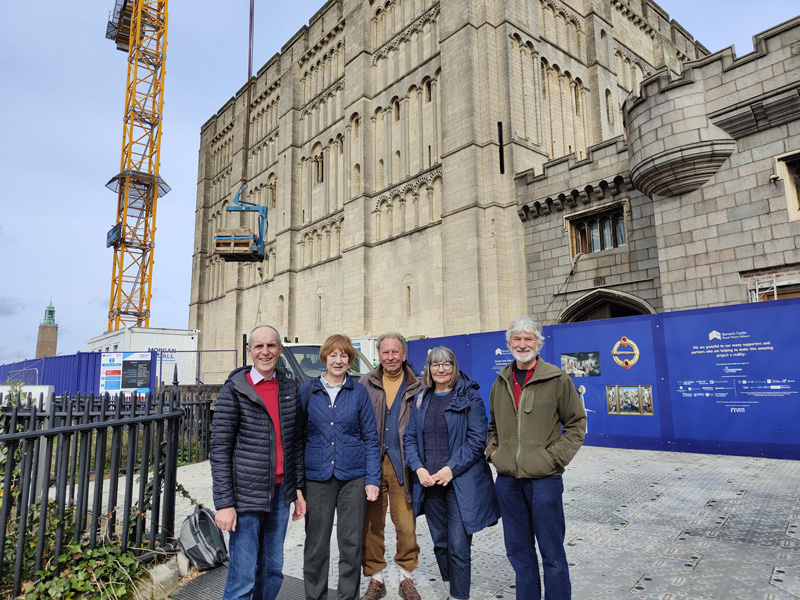Last weekend, Bramley Lakes and Deepdale Farms hosted a sustainability weekend for students from Regent’s Business School in London to rediscover both the joys of nature and the meaning of sustainability.
Regent’s Business School, as part of Regent’s College, is set in the beautiful surroundings of Regent’s Park in the heart of London, where mainly international students attend the College because of the quality of the education, the English language and a chance to enjoy one of the most existing cities in the World.
The College have worked with Steve Turner’s team at Bramley Lakes for many years, running a range of courses from Leadership to Team Development, including experiential activities, business management, leveraging indoor and outdoor environments and more rural pursuits that aren’t prevalent in the big city.
“We know that taking students out of their comfort zones, opens their minds and really changes their view of the world. We’re proud of the influence we have on students from Regent’s College and know it has a very positive effect on the way they learn.” said Steve Turner of Bramley Lakes
The sustainability course is a new departure, and Jason Borthwick, from Deepdale Farms and Earthly Ideas, was brought in to both supply sustainability advice, but also present Deepdale Farms as a case study for the students to analyse.
The course ran from Friday evening until Sunday afternoon and the students were immersed from the moment they arrived at Bramley. First they built up a picture of their own impact on the world. Then they considered the three elements of sustainability – environment, social and economic. Finally they analysed the developments at Deepdale, acting as consultants and presenting recommendations about further ways Deepdale could be more sustainable.
“Sustainability is not a black and white subject, with every choice you make as a business or individual being a balancing act between the benefits and disadvantages socially, economically and environmentally. We’ve given the students the tools to identify the questions they need to ask. We look forward to reading their dissertations and seeing the impact we’ve made.” said Jason Borthwick
“There were many first experiences for the students over the weekend and going vegetarian was one of them. The feedback from students was positive and encouraging. It provided them with new beliefs that eating vegetarian is a sustainable solution for saving resources. By honestly examining and challenging the beliefs and assumptions that control our minds, we can see new possibilities in thinking, decisions and behaviours. This means that we are all able start on a path of being a sustainable thinker. Once we make a commitment to this purpose, we can control our fate. Once we can control our fate, we can help and start to make a difference to our environment and ultimately our world” said Eric CK Chan, the module leader for the course.
Although this weekend is now over, its impact certainly will be long lasting, contributing to a wider need for change in thinking around sustainability issues as they affect those who live in urban and rural environments. It is the intention of the Programme Director Noemi Sadowska to continue such weekends to enrich students learning experience.











